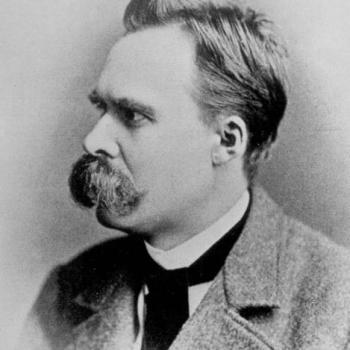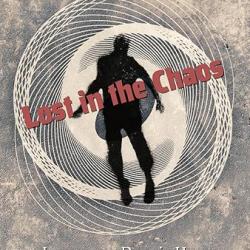Benedict recognizes the problems of scholasticism that subjected Scriptural revelation to Aristotelian philosophy, an imbalance that Luther and the other Reformers castigated in their critiques of reason alone. What is needed is a proper use of reason. The address also gives ammunition for classical education, as Benedict argues for the necessity of preserving the “hellenic” heritage of the West.
One of the basic theses presented by Benedict at Regensburg was that how we understand God’s nature has implications for whether we can judge particular human choices and actions to be unreasonable. Thus, if reason is simply not part of Islam’s conception of the Divinity’s nature, then Allah can command his followers to make unreasonable choices, and all his followers can do is submit to a Divine Will that operates beyond the categories of reason.
Most commentators on the Regensburg Address did not, however, observe that the Pope declined to proceed to engage in a detailed analysis of why and how such a conception of God may have affected Islamic theology and Islamic practice. Nor did he explore the mindset of those Muslims who invoke Allah to justify jihadist violence. Instead, Benedict immediately pivoted to discussing the place of reason in Christianity and Western culture more generally. In fact, in the speech’s very last paragraph, Benedict called upon his audience “to rediscover” the “great logos”: “this breadth of reason” which, he maintained, orthodox Christianity has always regarded as a prominent feature of God’s nature. The pope’s use of the word “rediscover” indicated that something had been lost and that much of the West and the Christian world had themselves fallen into the grip of other forms of un-reason. Irrationality can, after all, manifest itself in expressions other than mindless violence.
That irrationality is loose and ravaging much of the West—especially in those institutions which are supposed to be temples of reason, i.e., universities—is hard to deny. Take, for instance, those presently trying to turn Western educational institutions into one gigantic “safe space.” In this cocoon, those who maintain, for instance, that gender theory fails basic tests of logic, or that the welfare state has negative cultural effects, or that not all forms of inequality are in fact unjust (to name just some propositions which many today consider offensive), are regularly designated as “haters” or some word to which the suffix “phobe” is attached. . . .
Benedict’s Regensburg remarks underscored the centrality of Logos for the university and the public square more generally. Logos, for the Greeks, was not only a word for Divine Reason. It also meant to reason and explain one’s thoughts. The dismissal of Logos thus implies a choice to (1) decline to think critically, (2) refuse to debate and (3) shut off the capacity to give an account of what one believes in intelligible terms.
Once such a choice has been made, three options remain. One is that which has been chosen by Islamic jihadists—violence replaces reason, and reason is subordinated to a Divine Will that itself has no interest in reasonableness. The second is mass sentimentalism and appeals to emotivism to terminate perfectly legitimate debates. The third is to reduce reason to its empirical dimension.
Empirical and scientific reason have, Benedict affirmed at Regensburg, their place. They have been the source of much genuine progress and technological developments for which, he said, “we are all grateful.” The downside is that empirical reason is ill-equipped to address, for instance, issues of good and evil or discern the proper ends of human choice and action. To the extent that they try to do so, such modes of reasoning cannot help but lurch in the direction of utilitarianism: that which tries to determine good and evil by seeking to measure that which cannot be quantitatively measured. . . .
Yet for all Christianity’s attention to reason, Christians have not always managed the relationship between faith and reason, Revelation and philosophy, very well. The Protestant Reformation was partly a reaction against the hyper-scholasticism that—as no less than Catholic saints like Thomas More lamented at the time—characterized much Catholic thinking in the late-fifteenth century and which seemed to marginalize Scripture. This very real problem led, Benedict commented, many Reformers to believe that “they were confronted with a faith system totally conditioned by philosophy.”
At Regensburg, however, Benedict sought to draw our attention to the flip-side of this problem: the waves of what he called “dehellenization” which have surged through Christianity and the West at different points. By dehellenization, Benedict meant any fading of the commitment to coherent philosophical reasoning which Christianity partly absorbed from the Greek world and used to further apprehend the truth which permeates the Scriptures.
[Keep reading. . .]
















